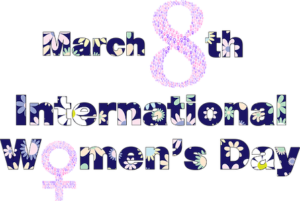 By Tina Vasquez (Los Angeles)
By Tina Vasquez (Los Angeles)
As we recently learned from the new Accenture study focusing on women leaders and resilience, despite a rough economic climate many companies are not only choosing to keep women’s initiatives and leadership programs, but in many cases they are expanding them and creating new ones altogether.
In December of last year, Morgan Stanley did just that by announcing its new Emerging Manager Program (EM Program), which, according to the company, “seeks to identify and provide capital, as well as strategic advice and infrastructure solutions to emerging asset managers.” What’s impressive is that the program will place a specific emphasis on including minority and women-owned asset managers.
The EM Program will be headed by Carla Harris, a 23-year veteran of Morgan Stanley. Currentlya Managing Director in Morgan Stanley Investment Management (MSIM), and chair of the Firm’s Private Placement Commitment Equity Committee, Harris was a logical choice as champion of the program due to her long tenure in the industry and as a high profile successful minority player. The actual manager participants themselves will be overseen by an investment committee comprising representatives and senior management from across Morgan Stanley.


 By Tina Vasquez (Los Angeles)
By Tina Vasquez (Los Angeles)
 By Elisabeth Grant (Washington, D.C.)
By Elisabeth Grant (Washington, D.C.) By Melissa J. Anderson (New York City)
By Melissa J. Anderson (New York City) By Tina Vasquez (Los Angeles)
By Tina Vasquez (Los Angeles) By Elizabeth Harrin (London)
By Elizabeth Harrin (London)